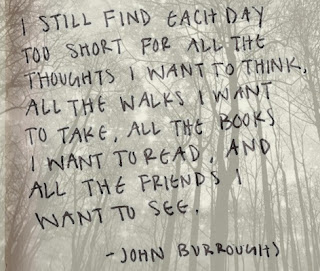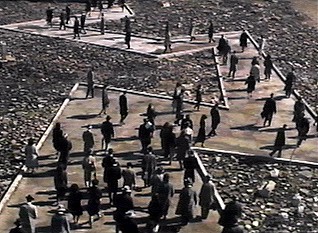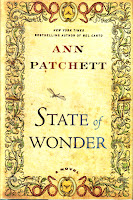Author: Steve Luxenberg
Date: 2010
Date: 2010
Pages: 432
Publisher: Hyperion
ISBN: 978-1401310196
Family secrets
have a way of surfacing, whether the secret keeper wishes it or not.
For Steve Luxenberg, finding out that his ailing mother was not an
only child began a quest to find out who the unmentioned Annie
really was in life, and why her presence was hidden from family
history by his mother, Beth. This true story follows Luxenberg's
quest to uncover the secrets of Annie after the death of his mother.
In the process, Luxenberg becomes the keeper of other family secrets
and uncovering unexplored family tensions and stories.
 As with many
quests, Luxenberg's journey happens in bursts of activity with long
months of inactivity. Researching the life history of someone
unmentioned and deliberately hidden requires perseverance and
patience, which is portrayed in detail throughout the book. However,
when Luxenberg finally pieces together the story, he (and the reader)
is still unclear who Annie really was and what Beth's motivation was
to deny her existence.
As with many
quests, Luxenberg's journey happens in bursts of activity with long
months of inactivity. Researching the life history of someone
unmentioned and deliberately hidden requires perseverance and
patience, which is portrayed in detail throughout the book. However,
when Luxenberg finally pieces together the story, he (and the reader)
is still unclear who Annie really was and what Beth's motivation was
to deny her existence.
Beth, born Bertha,
was born into a work-class family in New York. Her sister, Annie, was
born a few years later with an unformed foot and cognitive delays.
When caring for Annie became nearly impossible, she was sent to a
mental asylum in her teenage years in the 1940s. She spent her
entire life in various facilities, at first being visited by her
mother and aunt. However, Beth reinvented herself and her family
story to deny the existence of Annie in order to present a
marriageable facade. The only contact that Beth had with Annie was
to bury her middle-aged sister in the 1970s. With only one slip to a
hospital psychiatrist, Beth took her secret to the grave.
While
investigating this family secret, Luxenburg interviews extended
family members and people from Beth's old neighborhood. Each person
provides a small snippets of the secret – some knowing nothing
about Annie, and others sharing images and impressions of the family.
However, Anna Oliwek, a Holocaust survivor and cousin to the family,
had direct experience with Annie and Beth's inability to except her
blight, which caused a family rifted that lasted until Beth's death.
While interviewing Anna, Luxenberg learns Anna's secrets and how she
survived Hilter's onslaught.
At the beginning
of the book, all the plot points are revealed. Beth dies, Annie is a
secret, and Luxenberg investigates. But, his journey leads through a
century of major social and political change and an evolving
understand of mental illness. Although he never finds a picture of Annie, nor does he get a real sense of who she was, Luxenburg's family provides a gravestone for Annie's final resting place, where in death she will not be unnamed. It was a book that I regretted putting
down and couldn't wait to get back to at the end of the day.













